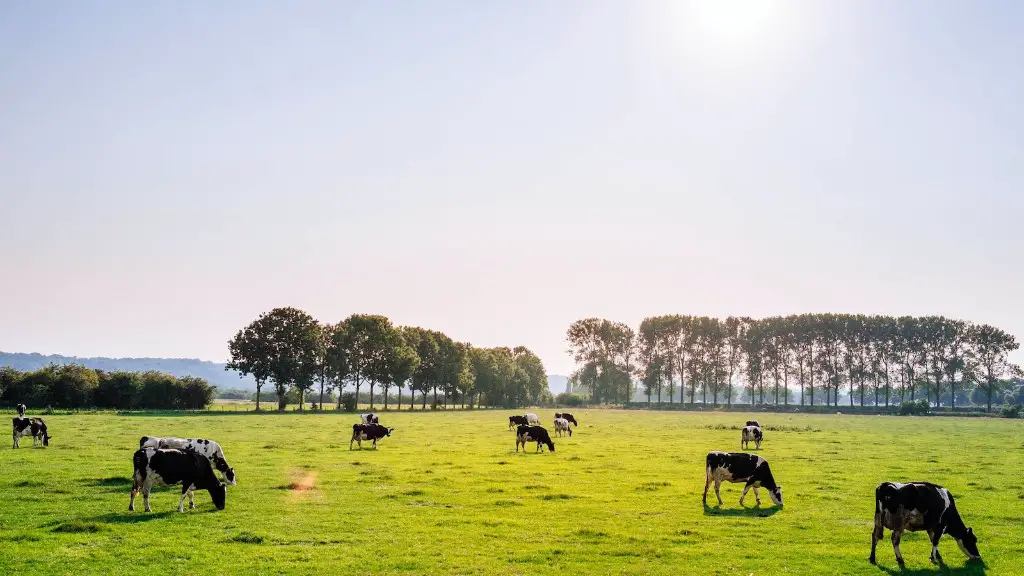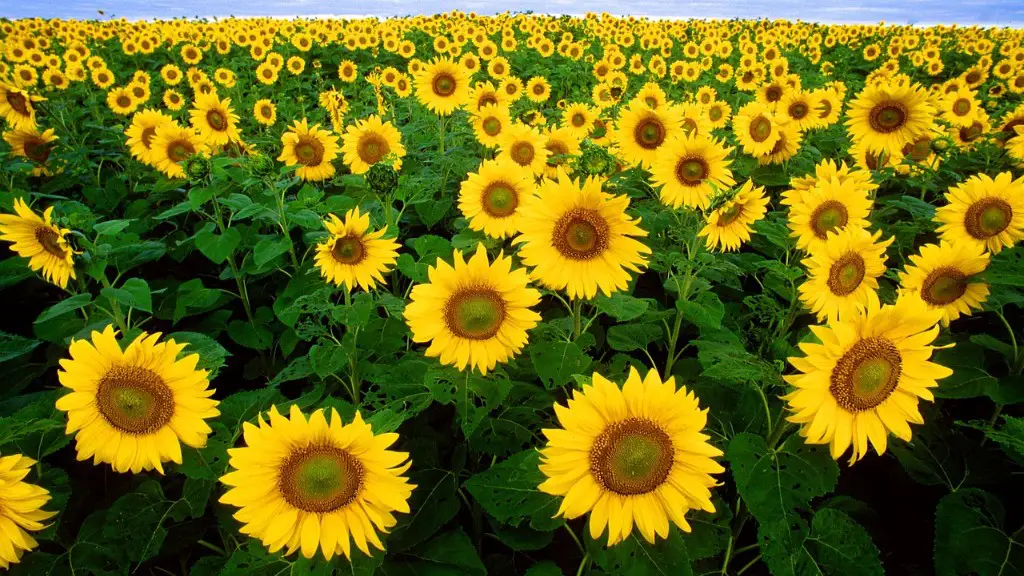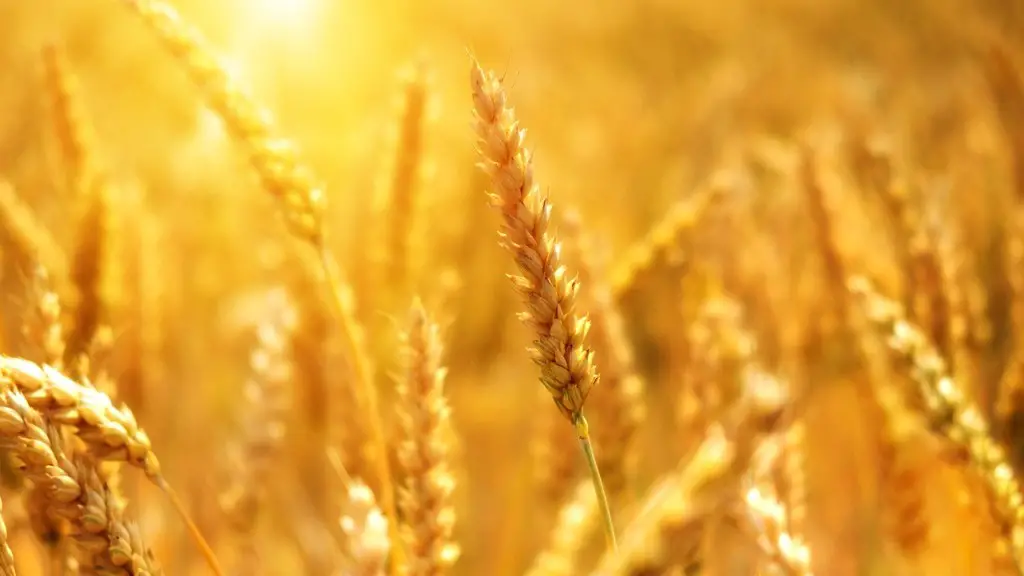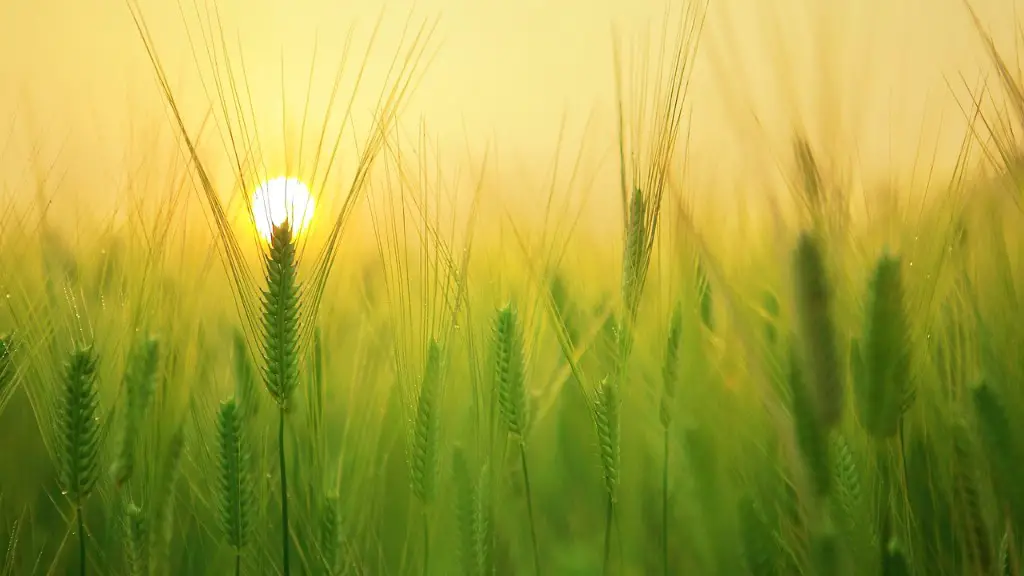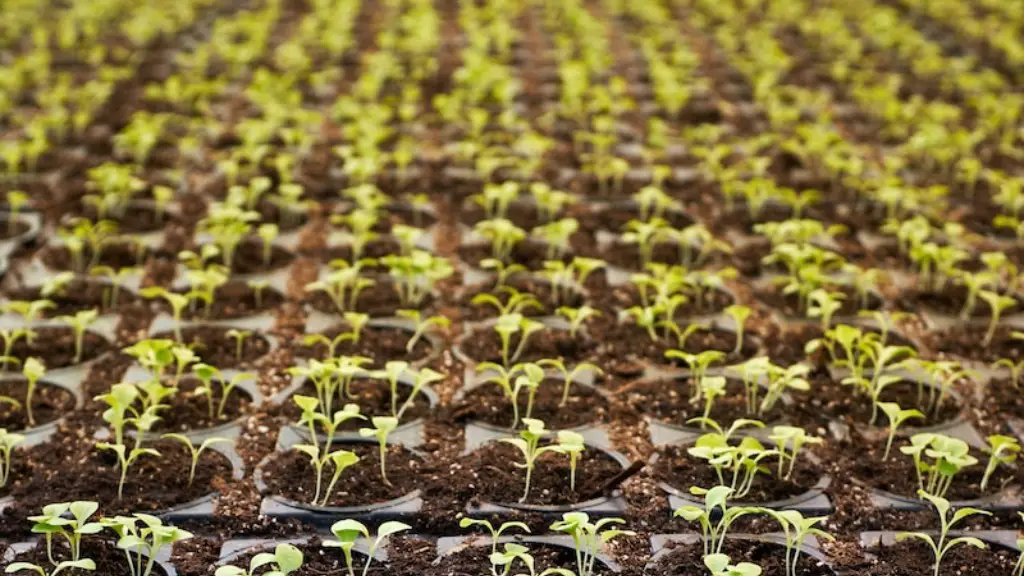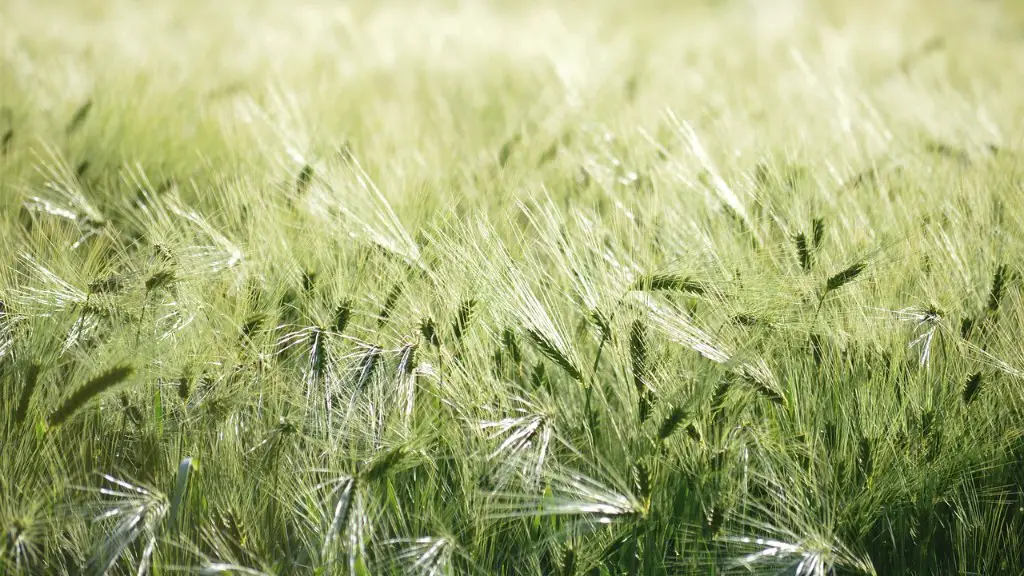Preventing water pollution from agriculture requires both farmers and consumers to take action. Farmers can implement best management practices, such as using cover crops and rotational grazing, to reduce soil erosion and prevent runoff from field sites. Consumers can support these efforts by purchasing products from farmers who use these practices. Together, we can take action to protect our water resources from pollution.
There are many ways to prevent water pollution from agriculture. One way is to have proper irrigation techniques in place so that water is not wasted or allowed to pool and become stagnant. Another way is to use natural fertilizers and pesticides instead of synthetic ones. This reduces the amount of harmful chemicals that can leach into the water supply. Additionally, crop rotation can be used to prevent soil erosion and the depletion of nutrients in the soil.
How can we prevent pollution in agriculture?
Buffers are an important part of protecting our waterways from pollution. They help to slow down and absorb polluted runoff, stabilize stream banks, curb erosion, and provide habitat for wildlife. By planting buffers of grasses, trees, and shrubs along the edges of farm fields and along rivers and streams, we can help to reduce the amount of pollution flowing into our waterways.
Applying fertilizers in the proper amount, at the right time of year and with the right method can significantly reduce how much fertilizer reaches water bodies. Keeping animals and their waste out of streams keeps nitrogen and phosphorus out of the water and protects stream banks.
How does agriculture cause water pollution
Agricultural contaminants, such as fertilizers and pesticides, can impair the quality of surface water and groundwater. These contaminants can be transported into local streams, rivers, and groundwater through runoff and infiltration. This can cause serious water quality problems and adversely affect the health of humans, animals, and plants.
There are many ways we can reduce water pollution. Some of the most effective ways are listed below.
1. Dispose of toxic chemicals properly.
2. Shop with water pollution in mind.
3. Do not pour fat and grease down the drain.
4. Use phosphate-free detergent and dish cleaner.
5. Check your sump pump or cellar drain.
6. Dispose of medical waste properly.
7. Eat more organic food.
By following these simple tips, we can all do our part to reduce water pollution and help keep our waterways clean.
How to reduce water pollution?
Water pollution is one of the most serious environmental problems we face today. It is a problem that affects all of us, and it is a problem that we can all do something about. There are many ways to prevent water pollution, and we all need to do our part to help keep our water clean.
One way to prevent water pollution is to pick up litter and throw it away in a garbage can. Litter can pollute our water if it is left on the ground or in waterways.
Another way to prevent water pollution is to blow or sweep fertilizer back onto the grass if it gets onto paved areas. Fertilizer can contain harmful chemicals that can pollute our water if it is not used properly.
Mulching or composting grass or yard waste is another great way to prevent water pollution. Grass and yard waste can contain chemicals that can pollute our water if they are not disposed of properly.
Washing your car or outdoor equipment where it can flow to a gravel or grassy area instead of a street can also help to prevent water pollution. Car wash water can contain harmful chemicals that can pollute our water if it is allowed to runoff into storm drains or waterways.
We all need to do our
The six most cost-effective conservation practices identified by the United States Department of Agriculture (USDA) include streamside buffers, streamside fencing, nutrient management plans (NMPs), continuous no-till, multi-species cover crops, and grazing. These practices are estimated to have the greatest potential to reduce soil erosion, improve water quality, and promote healthy soils.
What is a good way to save water in agriculture?
Water conservation is important in agriculture because it helps to reduce wastage, optimize resources and protect the environment. Go organic, install better watering systems, choose more drought-tolerant crops, store rain water and follow best practices for better soil quality to help conserve water in agriculture.
Water conservation is always important, but especially so on a farm where water is used for irrigation and other purposes. Here are five cheap and effective ways to save water on your farm:
1. Mulch: Using mulch around your plants helps to conserve water by preventing evaporation and keeping the soil moist.
2. Irrigate early morning or dusk: Watering your plants in the cool morning or evening hours helps to minimize evaporation.
3. Avoid hit and miss watering: Watering your plants thoroughly and evenly helps to prevent water waste.
4. Don’t over-water: overwatering your plants can lead to water waste and encourage disease.
5. Check for leaks and damage: Checking your irrigation system regularly for leaks or damage can help to prevent water waste.
What are the 3 main agricultural sources of water pollution
Nonpoint source pollution is a leading cause of water pollution in the United States. Agricultural activities that can cause nonpoint source pollution include:
-Poorly managed animal feeding operations
-Overgrazing
-Overworking the land (for example, plowing too often)
If these activities are not managed properly, they can lead to soil erosion, which can then lead to sedimentation in our waterways. Sedimentation can smother aquatic habitats, making it difficult for fish and other organisms to breath. It can also clog filters at water treatment facilities.
To protect our water resources, it is important to properly manage these agricultural activities.
Water pollution is one of the most pressing environmental problems we face today. It occurs when water is contaminated with harmful substances such as chemicals, sewage, or oil. This can make it unsafe to drink, swim in, or even touch.
Thankfully, there are a number of things we can do to reduce water pollution. Here are a few tips:
-Use fewer chemicals to clean your home. When you do use them, be sure to dispose of them properly.
-Don’t flush medication or trash down the toilet.
-Conserve water as much as possible.
-Avoid using plastic. If you do use it, recycle it.
-Don’t use pesticides or herbicides. If you must, use them sparingly and according to the directions.
-Replace concrete with ground cover. This will help to absorb rainwater and reduce runoff.
How can 5 points prevent water pollution?
There are a few measures which can help prevent water pollution:
A) The sewage should not be discharged directly into the rivers.
B) Increased use of excess fertilizers and pesticides should be avoided.
C) It is recommended to use biodegradable detergents.
D) Dead human and animal bodies should not be thrown into rivers.
There are many ways to be an environmentally friendly farm. Reducing soil tillage is one way to preserve soil structure and hold soil in place. Rotating crops and using low-pressure irrigation can also help. Planting cover crops and disposing of outdated pesticides can also be helpful. Finally, recycling plastics and changing lightbulbs can also help make a farm more environmentally friendly.
What are two ways we can reduce agricultural waste
The most efficient way to reduce waste is not to produce it in the first place. This can be done by buying fewer products and choosing products that last longer or are easily repaired. Recycling is also important for reducing waste. This involves reprocessing materials to be used as a raw material for another industry. It is also important to sort farm and household waste types responsibly into recycle bins.
There are many ways farmers can reduce their impact on the environment. These activities may include shifting to conservation tillage, reducing the amount of nitrogen fertilizer applied to crops, changing livestock and manure management practices, and planting trees or grass. By reducing their impact on the environment, farmers can help protect our natural resources for future generations.
What is the most effective way to reduce the water footprint of agriculture?
The WRI has proposed five ways to reduce the impact that food production has on water resources. These are things that can be done by individuals, companies and farmers to reduce food waste, change diets, implement nature-based solutions, grow the right crops and adopt best practices and technologies.
Aquaponics is a system that combines agricultural techniques with aquaculture. This system results in a reduction of water consumption by 90% compared to traditional agriculture. Aquaponics is a great way to grow food in an efficient and sustainable way.
Conclusion
There are a number of ways to prevent water pollution from agriculture. One way is to control runoff from fields by using buffer strips, grading the field so that water runs off in a different direction, or by growing vegetation that will help to hold water in the soil. Farmers can also reduce water pollution by using fertilizers and pesticides that are less likely to leach into groundwater, and by using cover crops and no-till methods to reduce the amount of soil erosion.
Agricultural water pollution is one of the leading causes of water pollution worldwide. Agricultural water pollution occurs when chemicals from agricultural activities, including animal husbandry, crop production, and fertilizer and pesticide use, runoff into surface water or seep into groundwater. This can contaminate drinking water supplies, damage aquatic ecosystems, and harm public health.
There are a number of ways to prevent water pollution from agriculture. Farmers can implement best management practices, such as using cover crops and grass buffer strips, to reduce the amount of chemicals that runoff from their fields. Farmers can also use precision agriculture techniques, such as variable rate application of fertilizers and pesticides, to minimize chemical use. And, finally, farmers can choose to use more environmentally-friendly methods, such as organic agriculture, which do not use synthetic chemicals.
By implementing these methods, farmers can help to protect our water resources from pollution.
